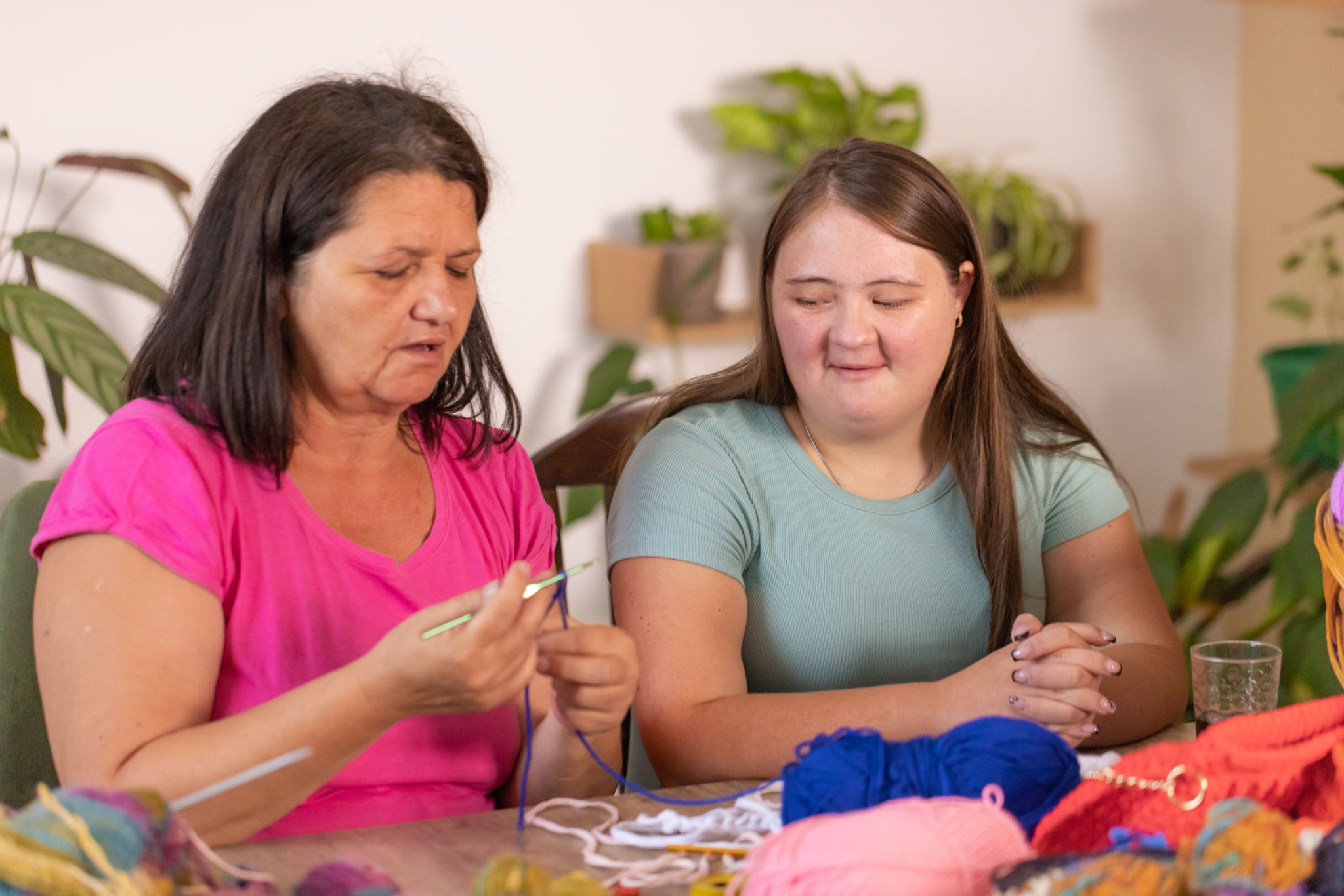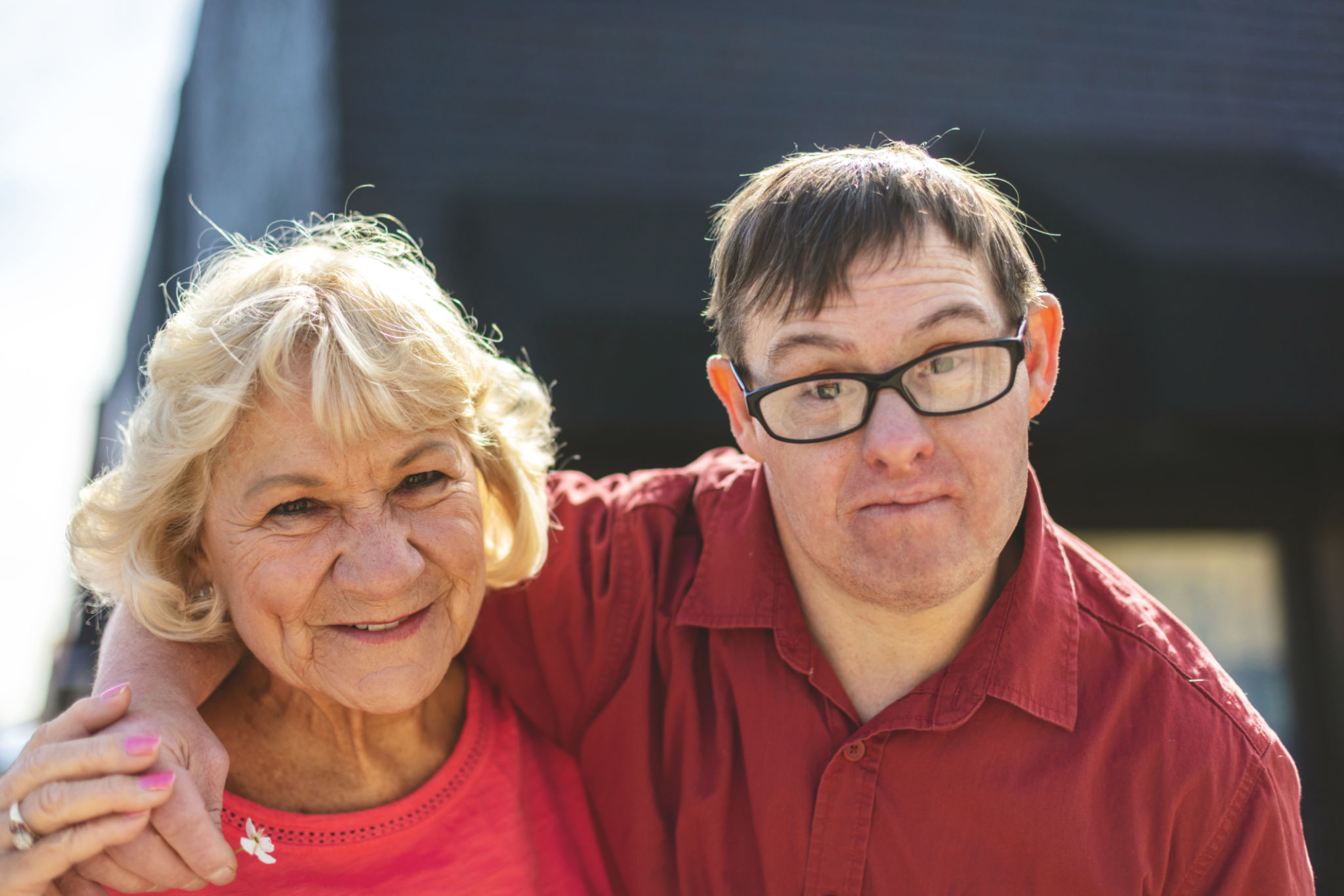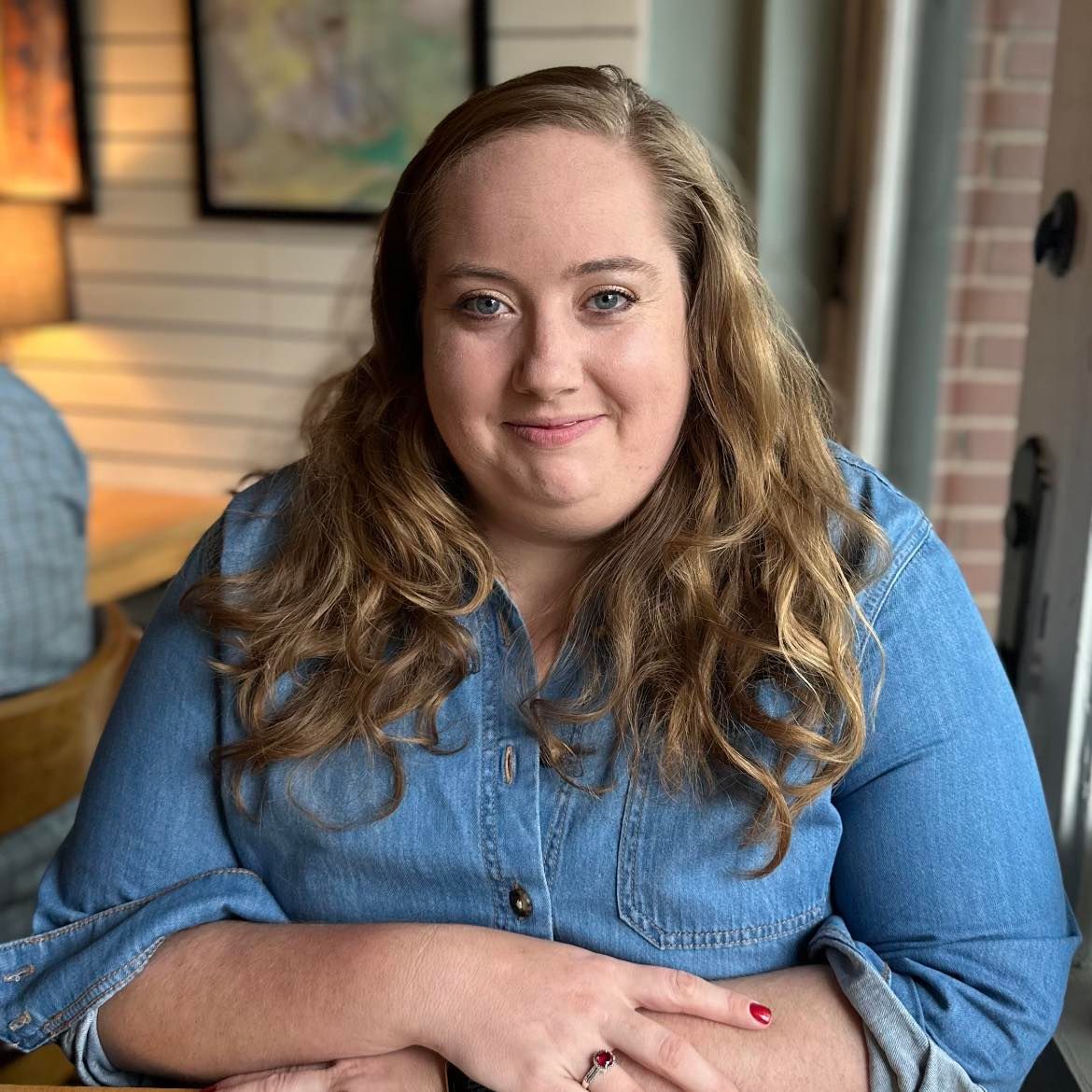Life Support Is Failing: The Medicaid Crisis Already Affects Everyone You Know
SH

🆘 15,000+ Kentuckians with disabilities are on a waitlist for critical life support services.
I’m Samantha Harrison. Behind every Medicaid waiver and disability policy is a family fighting for their loved one’s future. This space is about truth, courage, and clarity—giving you tools, hope, and a steady voice when everything feels like too much.
The news says Medicaid cuts are about “saving money.”
But here’s what that actually looks like:
A teenager with autism loses their caregiver overnight. Now, mom can’t go to work.
A 74-year-old man with paralysis sits in his apartment for 12 hours with no help to use the bathroom and develops bed sores costing 💵THOUSANDS 💵in medical bills.
A young adult with a developmental disability is placed in a nursing home—costing 💰MILLIONS💰 more over their lifetime than if they were supported in their own home.
💸 THOUSANDS in avoidable ER visits.
💰 MILLIONS wasted on crisis care.
That’s the real cost.
It doesn’t save money. It shifts the financial burden of care services, takes people out of the workforce, and increases the healtcare costs.

What’s Being Lost Isn’t Luxury. It’s the Basics.
Right now in Kentucky, more than 15,000 people are stuck on waitlists or have recently lost the services they need just to get through the day:
🚪 Getting out of bed
🍳 Preparing a meal
🛁 Bathing or toileting
💊 Taking medications
🧹 Keeping their home safe and livable
🚗 Making it to doctor appointments
🛍️ Grocery shopping or managing money

What’s Really Happening Behind the Scenes:
🧓 Nearly 4,000 seniors and adults with physical disabilities are waiting for home and community-based services, many living alone, without reliable care.
👶 Over 10,000 children and adults with intellectual and developmental disabilities (IDD) are on the waitlist, with an average wait time of 10 years.
🏠 Around 4,000 adults with IDD need residential services, but most won’t qualify until a caregiver dies or there’s an emergency.
⚠️ Thousands of children with autism were placed on a waiver not designed for them and now they’re being cut off without warning, leaving families scrambling.

Think Medicaid Cuts Don’t Affect You? Think Again.
This isn’t just a disability issue. It’s already changing your world:
💼 Your coworker quits because their child lost care.
🕒 Your doctor, mechanic, or server is out indefinitely—caring for a parent.
🏪 Your favorite local shop reduces hours because they can’t keep staff.
🚫 The workforce shrinks. Businesses lose revenue.
🧓 Your parent needs home care—but the waiver’s been cut.
These aren’t hypotheticals. It’s happening everywhere.

What Families Are Facing Isn’t Sustainable
While the system delays, families are forced to carry full-time caregiving without:
🩺 Pay, training, or backup
🧾 Legal or case management support
🔁 A stable team of caregivers
❌ Notice when services disappear
The cost?
💸 Parents leave the workforce
💸 Siblings drain savings
💸 Emergency room visits replace early supports
💸 Families spend more, earn less, and burn out faster
And when families are pushed to the edge, everyone feels the impact—from workforce shortages to lost productivity to increased demand on emergency services.
“Samantha helped me avoid pitfalls and consolidate the various parts of the waiver application into a complete package. She saved me lots of time by being so knowledgeable about the work itself and the process involved. The support we received was worth far more than our investment.”
— A Mother

The Waitlist Is Long—But the Real Wait Is for a Crisis
Most families think, “Once something serious happens, we’ll get help.”
But that’s not how this works.
Crises happen every day:
🚨 A parent has a stroke
🚨 A child is pulled from school
🚨 A caregiver quits with no notice
🚨 A family misses one paycheck—and it all unravels
Even then, they’re told: “You’re still on the waitlist.”
This isn’t a care system. It’s a delay system.
And delay? Costs more.
The Waitlist Is Long—But the Real Wait Is for a Crisis
People assume that once something serious happens, then help arrives.
But here’s the truth:
Crises happen every day:
- A parent has a stroke
- A caregiver quits with no notice
- A child ends up in the ER after months without support
- A young adult is removed from school because of short staffing
- A family is one missed paycheck from collapse
And still—no help. Most programs don’t have an emergency fast track.
Even in a crisis, families are told: “You’re still on the waitlist.”
This isn’t a system of care. It’s a system of delay, crisis, and damage control.
And damage control? Costs more.
💸 The ambulance ride
💸 The ER visit
💸 The lost income
💸 The caregiver burnout
💸 The missed early intervention that becomes a lifelong need

How YOU can help. In just 30 seconds!
The House just passed something called the One Big Beautiful Bill Act (H.R. 1). Yes—that’s its actual name. 🙄
This bill includes cuts that would gut Medicaid and disability services as we know them.
It’s now headed to the Senate. You can stop it.
📣 Contact your senator today and tell them: Do not pass H.R. 1.
👉 https://www.ancor.org/actions/preserve-i-dd-services-tell-congress-protect-medicaid/
Your voice matters—and it’s needed right now.

🛠️ You Deserve a Better Way
If you’re in this—stuck, stretched, scared—you’re not alone.
Real help doesn’t mean more pamphlets. It means hands-on support.
Here’s what real help looks like:
✔️ Know which waivers apply and how to apply
✔️ Find out if your crisis qualifies for a fast track
✔️ Learn how to recruit and keep reliable caregivers
✔️ Get support with housing, benefits, and legal prep
✔️ Create a system that works even if you can’t do it
✔️ Get a partner—not a checklist

Get the Help You Deserve
This isn’t your fault. But it is your move.
If you’re ready for support that’s strategic, personalized, and built around what actually works.
You don’t have to do it alone.
👉 Click here to take the first step.
Meet Samantha
Samantha Harrison is a disability consultant with over 13 years of experience helping Kentucky families navigate Medicaid waivers, hire caregivers through Participant-Directed Services (PDS), and build care steams that actually work.
She’s on a mission to help families who are being left to manage complex systems alone—facing long waitlists, confusing rules, and impossible decisions without enough support. And with new Medicaid cuts looming, the stakes have never been higher.
Samantha offers hands-on, personalized support to help families get clear answers, take action, and create sustainable solutions—without getting lost in the red tape. If you’re ready for real help, you’re in the right place.

